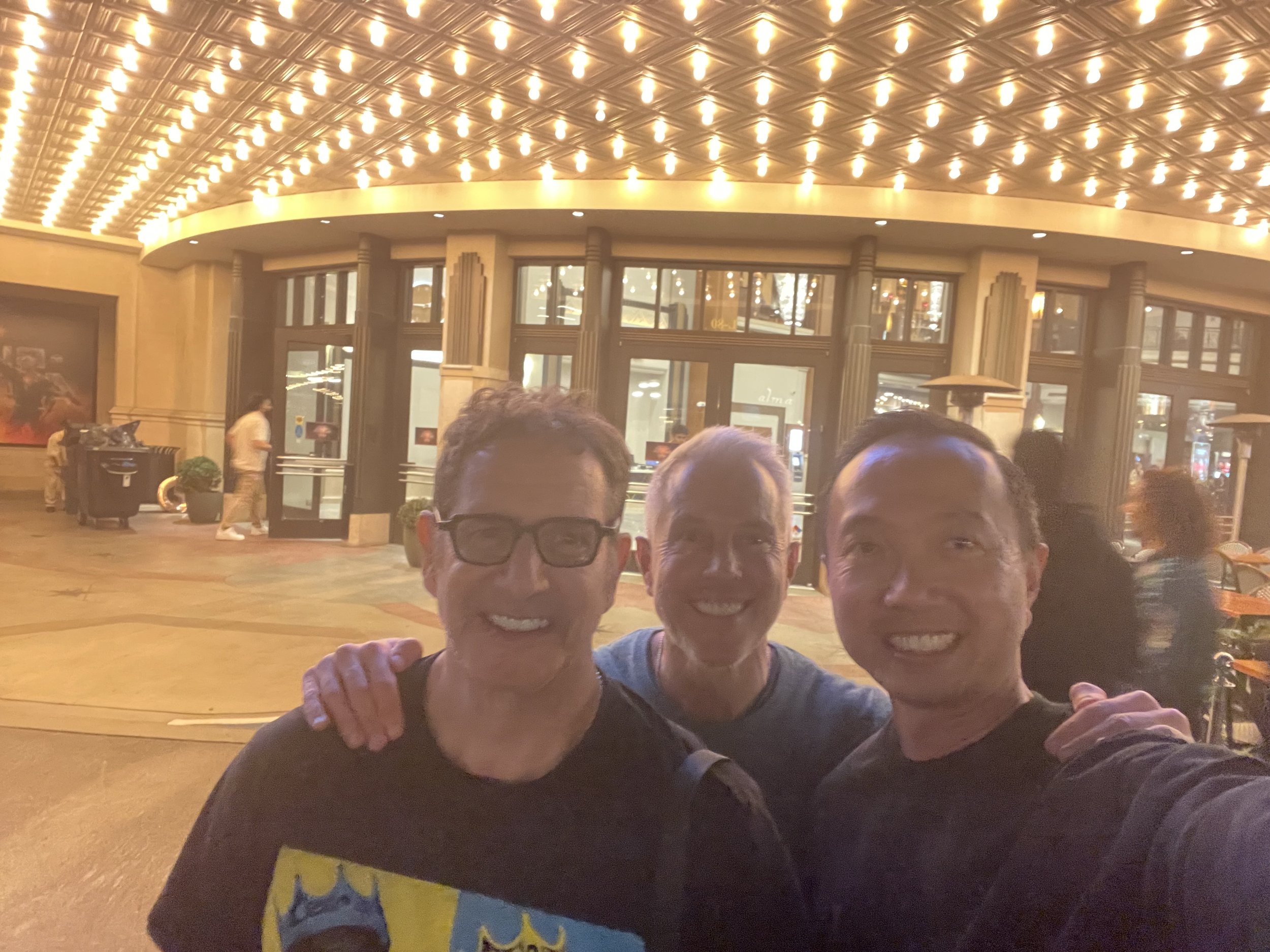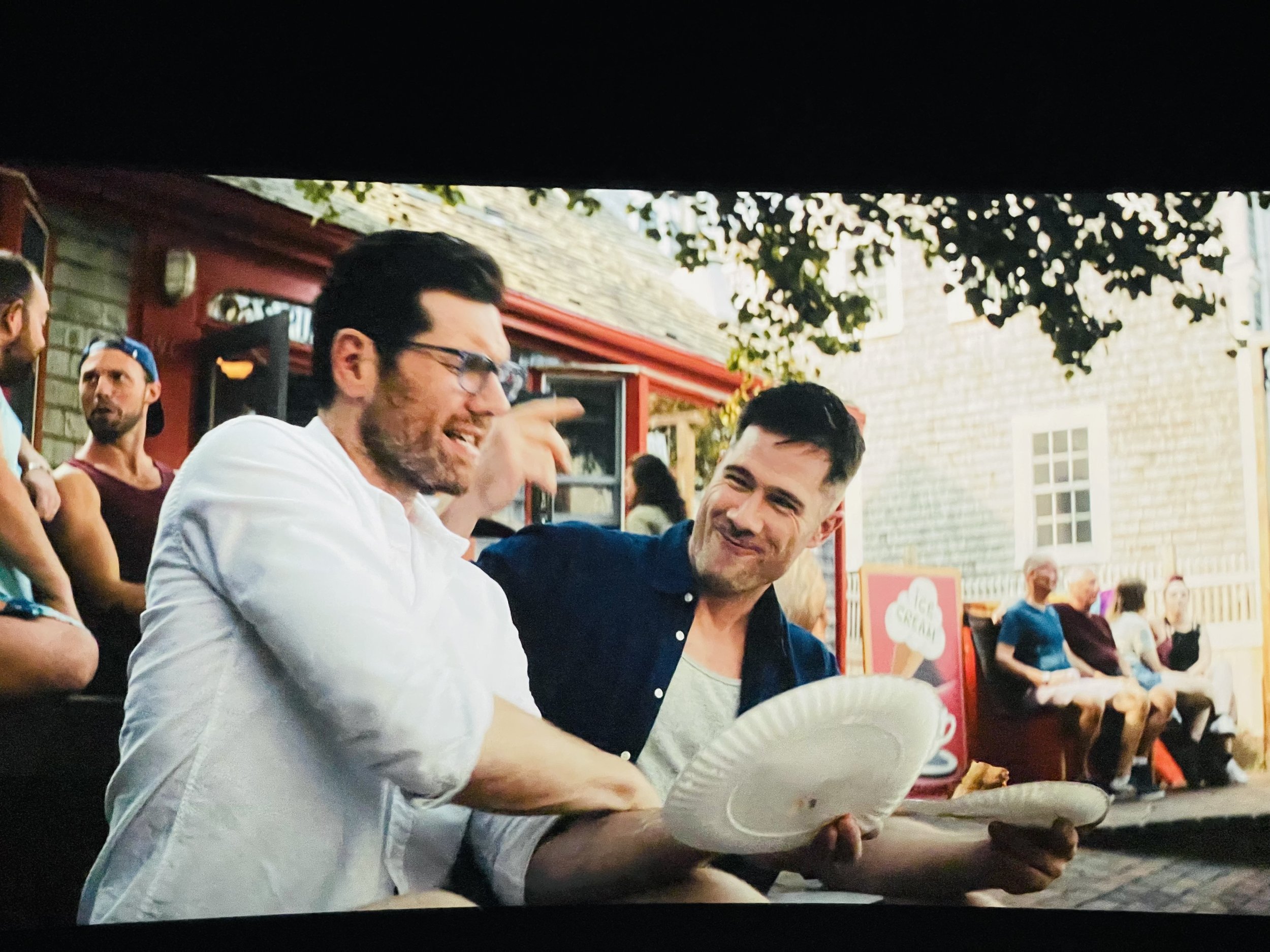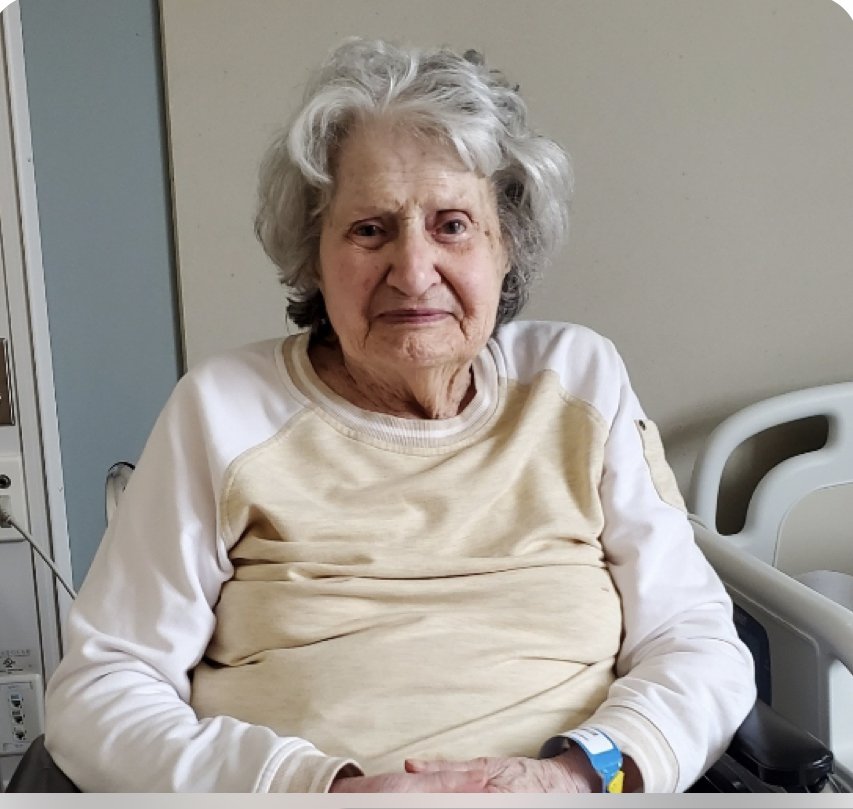Bros, The Feast of Tabernacles, and Broken Hips
Before checking out the movie “Bros” myself, I was already familiar with its mixed reception. It had been a topic many of my gay clients brought up in session.
The titular “Bros” are played by Luke Macfarlane and Billy Eichner¾two white, cis men already loaded with institutional privilege, and the concern was how two such bros could ever do justice to recognizing the diverse yet fragmented LGBTQIAA+ community.
Of course, no creative work can make everyone happy, especially an entire marginalized community that has historically lacked the representation it deserves, but it doesn’t seem like a totally unfair request that it, at the very least, makes the effort.
I was invited to see “Bros” with a friend and former student, David Strah, who found himself fielding these same questions from clients. He had already seen the movie and had rather liked it, but he wanted to know what I, the former director of the LGBT Specialization in Clinical Psychology, might think about it.
To make it a party, I invited Alex, my ex and emerging third of our little posse, to join us.
David - Center & Alex - Right
Personally, I think this marvelous if not brilliant movie deserves an entire monograph, but in respect to the blogosphere, I'll limit myself to a few preliminary musings.
And, disclaimer: My comments below will, unavoidably, be skewed by my own aperture on reality: a cis-gendered, male, Jewish homosexual reviewing a movie starring a cis-gendered, male, Jewish homosexual.
In “Bros,” Eichner plays Bobby Lieber, a neurotic, needy, Jewish, angry, self-loathing, critical, judgmental, and sardonic gay activist who demands constant attention. On a perpetual soapbox related to anything and everything concerning gay historical representation, Eichner’s portrayal hit a bit too close to home¾I was reminded of the years I spent as a young, gay man running with a controversial crew.
Bobby is raising money to open an LGBTQIAA+ museum (again, very close to home), but is derailed by his failures in love. He’s at the bar, nursing his grudges, when he bumps into Aaron, veritably the gay man’s A-List dream. Played by MacFarlane (who came out in 2008), Aaron is the diametric opposite to Bobby’s hysterical, in-your-face, Jewish New Yorker: an All-American, straight-acting, jock (aka, the quintessential “bro”).
Somehow, the two manage to overcome their differences and fall in love, only to break each other’s heart in the all-too-typical dance of ambivalence that is the gay man’s dating game (and one that fills many a clinical hour). There are more narrative threads to the movie, but my brief survey can’t accommodate them all!
Bobby’s Jewish neuroticism prevents him from believing Aaron’s proclamation of love (how could a stud like that love a guy like him?) and he resigns himself to miserable solitude. But Aaron refuses to be pushed away. Running through the wintry NYC streets, he screams at the top of his lungs something to the effect of, “I am here to prove to you that even though you are annoying and hysterical and pushy and awkward in your body, you deserve to be loved.” I couldn’t decide if I should laugh or break down into sobs.
The movie’s climax takes place at the museum’s gala opening. It’s a great success, but all Bobby can think about is the man he loves (and rejected). A text exchange offers both men a chance to open their hearts at just the right moment, and the star-crossed lovers run into each other’s arms in a way that had the very straight-looking gay men sitting next to us gasping in shock and relief.
Before the credits roll, the film ends in Shakespearean style with a comedic marriage. The camp ceremony is believable because it plays into the characters’ ambivalence: Bobby drops to his knees in public and offers Aaron a fake ring, effectively allaying his boyfriend’s fear of commitment by requesting they date for three months and then “reevaluate” their relationship.
Now, what does all this mean when interpreted by the former director of the LGBT Specialization of Clinical Psychology at Antioch University?
There is enough “goodness” in the gay hearts helming the film to repair the “gay men cannot love” myth. Eichner and MacFarlane defeat this trope in a mostly believable and deeply touching way, effectively doing for the gay movement in less than two hours what two generations of gay-affirmative therapy has tried to accomplish.
“Bros” helps the collective consciousness move past the themes of “punishment,” “attack,” and “isolation” to embrace concepts of “repair,” “remorse,” and “reparation.” In its own way, the movie facilitates a therapy session in which the personality-disordered, queer self of part-objects evolves into the whole self of whole-objects.
Though this itself would be enough to have won me over, the movie also addresses major controversies in the field of LGBTQIAA+ studies. It asks if our identities are based in a historical
continuity stretching back through the ages (the philosophy of gay essentialism) or if they are modern inventions caused by language and oppression (the philosophy of queer deconstructionist theory).
Bobby speaks ad nauseam about the continuity of queer historical consciousness, and the film makes some great jokes about whether Abraham Lincoln was gay. One character says there is no evidence to indicate he was, but Bobby demonstrates the necessity of reading between the lines, leading another to suggest Lincoln must at least be bisexual. The narrative line of the movie enables constant reminders of gay, historical images and facts, like a talking Eleanor Roosevelt and the fact that the first people to stand up at Stonewall were trans people of color.
The movie also takes an important step toward establishing a sense of unity within the LGBTQIAA+ community without diminishing the reality of its many differences. The museum’s board is made up of a cast of characters from the trans, lesbian, gay, and bi communities (their arguments mirror what I have encountered in my decades of activism), and despite their errors and psychological problems, they are able to work together successfully.
How impressive that a film, a comedy, no less!¾was able to balance the needs of people with fixed identities and those with fluid ones, a problem we faced in creating the LGBT Specialization. It’s also quite remarkable how it found balance between the needs of people whose identities concern sexual orientation and those whose concern gender variance.
I could not help but see this movie as a kind of victory against queer nihilism. For a generation, I have advocated that there can be no queer self-esteem without queer cultural history, that queer theory, for all its uses and abuses, has rendered obsolete the notion of “queer deep history,” and that gay, American assimilationism has led us to mistakenly thinking our current gains have existed in an eternal state of complacency. “Bros” suggests that despite the reality of global decline and rise of illiberalism the world is facing, there is still value to be found in concepts related to humanism, love, unity, and our unique form of consciousness.
Don’t let me get too serious, the movie really is quite funny!
Why, then, were some of my gay male clients so unhappy with it? I think it has something to do with internalized homophobia, an issue I, in my more strident days, would definitely have committed to working out with them. This term can mean many things, but essentially describes how themes related to gay love often provoke envy, shame, fear, and self-doubt, which in turn are mismanaged by our defensive (and largely intellectual) reactions.
Pardon my jargon, but it's also worth mentioning that early infantile problems of unresolved sadism and hatred, when not metabolized by the “good-enough mother,” get transferred to the queer child and later develop in such a way that impacts the acquisition of sexual orientation. Simply put: bitterness from one area is transferred to an unrelated one.
These days, I’m less interpretative on discursive on such matters in the clinical h our. I try to feel into the pain my clients may be expressing (or not expressing) to “vibe” with their emotions rather than engage in intellectual arguments. Empathy is a better salve to negative self-esteem that any cognitive approach. So what if I do not “agree” with my client’s statements.
I’ve probably mentioned it before, but the reason I became a queer-affirmative therapist and analyst was because I realized the need to address our hurts and injuries¾it would be the cutting edge of gay activism.
To that effect, I am glad “Bros” raises these issues and stirs these feelings. The film provides a psychological experiment on a broader scale than therapy can hope to accomplish (though therapy, of course, goes deeper with a sustained investigation). I think questions of identity politics should always be balanced with those of social and individual concern.
So, can we forgive the privileged for trying their best, even if it is far from perfection?
I think so. Perhaps that is the best incremental solution?
---
I’d like to end on a personal note:
Just recently, when I was in NYC to celebrate the Jewish New Year, my 92-year-old mother fell. She was lying on the gurney when the nurse practitioner informed her that she had broken her hip. From her quick intake of breath, I could see how much this shocked her, but during that whole harrowing week, she didn’t offer a single complaint. Who is this woman? Where is the anxious mother of my early life? Did her organism’s consciousness evolve, or did it melt into “the great all,” which is perhaps the same thing.
For those who don’t know, October 9 to October 16 was Sukkot, or the Feast of the Tabernacles.
A “sukkah” refers to the temporary dwelling in which farmers would live during harvest season, which connects back to the holiday’s agricultural significance as laid out by the Book of Exodus.
We don’t have too many sukkahs in the Bronx, but I did sit in one every now and again, and it was charming to keep such simplicity or sacrality in mind amidst all the chaos of my mother’s fall. I’m sure there’s a connection to “Bros” somewhere, maybe through the personal connection to Eastern Europe I share with one of the characters and the sense of a world consciousness. Whatever it is, I feel strongly there is a deep connection, and I must ruminate on it.
Goodbye for now,
Dr. Doug



